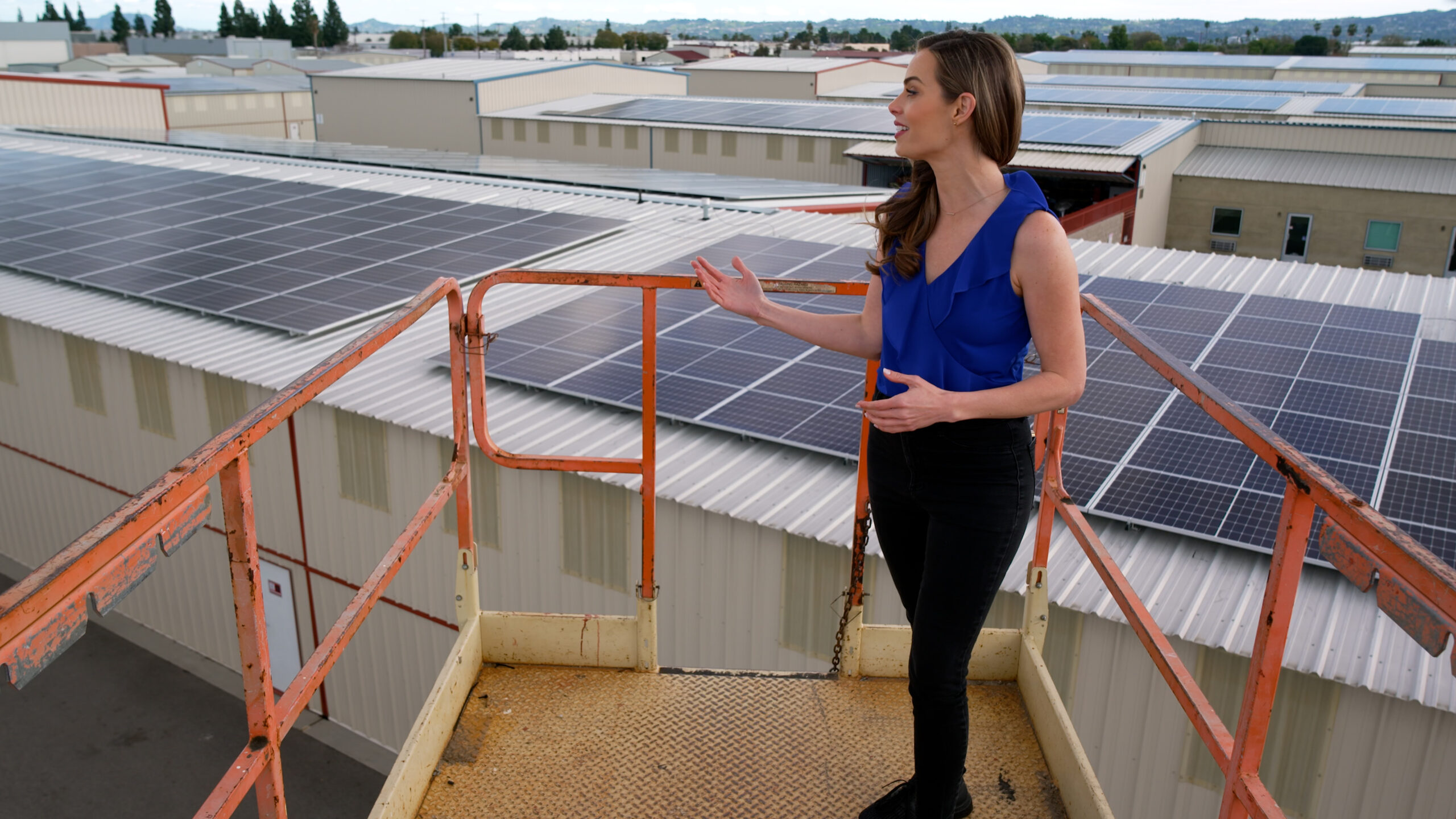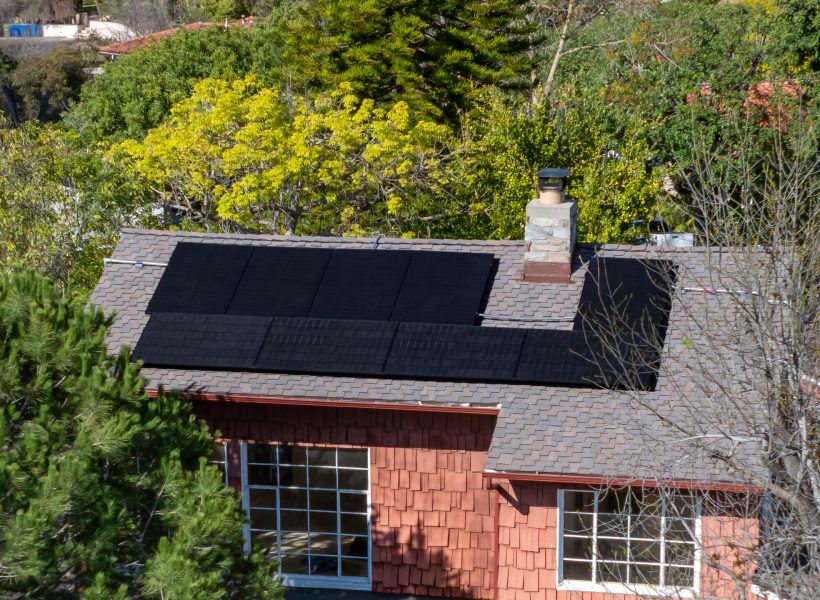How to Navigate HOA Restrictions and Get Solar Approval

How to Navigate HOA Restrictions and Get Solar Approval
Making the switch to solar is a big step toward energy independence and long-term savings—but there’s more to it than just installing panels. From navigating local regulations to working with your HOA and understanding available incentives, getting approval can sometimes feel like a maze. Luckily, with the right guidance and a qualified installer, the process can be smooth and straightforward.
At California Solar Broker, we help homeowners clear these hurdles every day. Here’s how you can prepare, stay organized, and keep your solar project moving forward.
1. Understand Local Rules and HOA Guidelines
Before starting your solar journey, take time to learn about the rules in your area. Some cities and counties have zoning laws that affect where panels can be placed or how high they can sit on your roof. Historic districts may have extra layers of approval, while HOAs often focus on aesthetics like panel visibility, color, or layout.
In some neighborhoods, the HOA may ask you to install panels only on certain roof sections, which could impact performance. Knowing what’s allowed upfront can save time and reduce surprises later.
2. Choose a Solar Company That Knows the Process
A knowledgeable solar installer can make all the difference. The best companies don’t just install panels—they manage the paperwork, coordinate with your city and HOA, and ensure your design meets local requirements.
At California Solar Broker, we specialize in matching homeowners with reputable installers who know how to work efficiently with HOAs and permitting departments. Look for a company that is licensed, bonded, and experienced in your state, and one that’s transparent about pricing, timelines, and responsibilities.
3. Know What Permits You’ll Need
Most installations require both building and electrical permits. These approvals ensure your system is safe and properly integrated into your home’s existing infrastructure. Some cities also require a zoning permit, especially in areas with specific building codes.
Turnaround times can vary. In many California cities, permits are processed in a day or two. In other states, the process may take longer—but a good solar partner will handle this on your behalf and keep you informed along the way.
4. Work with (Not Against) Your HOA
HOA concerns are usually about appearance and uniformity. Rather than seeing them as a roadblock, try to approach your HOA with options. For example, black solar panels typically blend more naturally with rooftops and often come with better performance ratings.
Many HOAs are more flexible than they seem—especially when you offer solutions that maintain the visual appeal of the neighborhood. Placing panels on the rear-facing portion of your roof, matching panel shape to roof lines, or selecting sleek designs can go a long way toward winning approval.
5. Take Advantage of Incentives and Rebates
Understanding available tax credits and rebates is key to making solar more affordable. The federal Investment Tax Credit (ITC) allows you to deduct 30% of the cost of your system from your federal taxes, provided it’s installed and operational within the tax year.
You’ll also want to explore state-level incentives. California offers additional programs such as property tax exclusions, local rebates, and net metering benefits. Be sure to keep documentation like receipts, contracts, and system specs organized and on hand for tax season.
6. Coordinate with Your Utility Provider
After installation, your system needs to be connected to the grid. This step—called “Permission to Operate” (PTO)—is handled by your utility company. They’ll verify everything is compliant and safely installed before giving you the green light to turn on your system.
At California Solar Broker, we help streamline this process by working with both your installer and utility provider to keep everything on track. It’s a key step in making sure you start seeing savings as soon as possible.
7. Be Patient, But Stay Proactive
Permits, HOA approvals, and inspections can take time. While your solar company should manage most of the process, following up and staying informed can help avoid unnecessary delays.
Our team at California Solar Broker prioritizes speed and accuracy by minimizing change orders and designing systems that meet approval requirements on the first try. We also stay in close contact throughout the process so you’re never left wondering what’s next.

Final Thoughts
Installing solar can feel overwhelming—but it doesn’t have to be. With the right support, you can navigate HOA rules, secure permits, and take full advantage of available incentives.
If you’re thinking about going solar, California Solar Broker is here to help guide you through every step—clearing the path to cleaner energy, lower utility bills, and a system that’s built to last.
